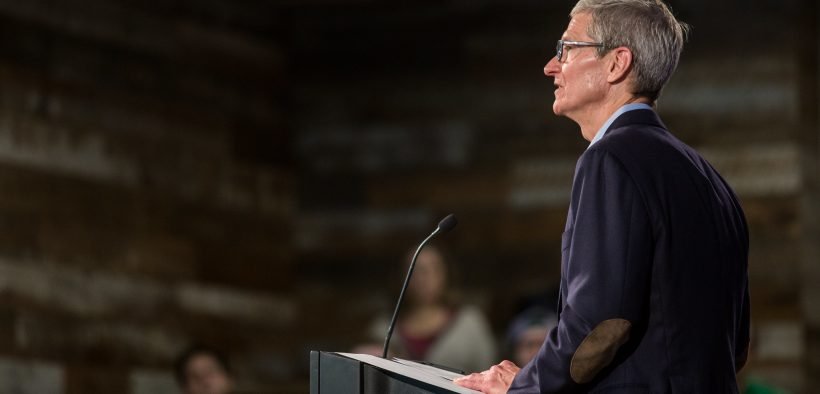Apple Shareholders To Vote On Censorship Resolution

If approved, the proposal would require the tech giant to make more detailed disclosures and human rights commitments.
Proposed resolution set forth by Sum of Us
Two major Apple shareholder groups support a measure requiring Apple to disclose more detailed accounts of censorship requests from China. While the tech giant regularly fights requests from the U.S. government, the same does not hold true in countries like China. Campaign group Sum of Us brought the human rights resolution to shareholders in a vote Apple unsuccessfully attempted to block.
The resolution seeks transparency into the applications blocked by Apple in China at the request of the government. Apple’s board, on which both Apple’s CEO Tim Cook and former vice-president Al Gore sit, opposes the motion. Voting regarding the resolution is scheduled for today.
Apple once again declines Congress’s request to attend hearings
Shareholders aren’t the only parties concerned about Apple’s potential complicity in human rights abuses. The California-based company also drew ire from Congress by once again declining their invitation to attend hearings regarding China and the tech industry. Congress has repeatedly taken issue with the subservient manner in which U.S. tech giants operate in countries with oppressive regimes. The upcoming hearings are scheduled for March 4.
Prior human rights concerns
Apple has previously drawn scrutiny over its compliance with a law requiring that all iCloud user data for Chinese customers be stored locally. The change took place two years ago. Apple did not deny that PRC could potentially access iCould data, but instead attempted to assuage privacy concerns by focusing on the benefits of local storage.
Part of that data migration included the hand over of customers’ cryptographic keys. Apple previously held such sensitive data on servers in the U.S., and the release of it was subject to U.S. laws. The turn over of data and cryptographic keys to the state-owned data storage company enables China’s government to skirt U.S. laws regarding the release of the information. In China, police issue warrants. No real system of checks or balances exists to ensure that right is not abused, or that warrants are legitimate.
Storing iCloud data on servers controlled by a state-owned company raised significant concerns for human rights and privacy activists around the world. Opponents of the data transfer cited cases from more than a decade before in which a similar data migration by Yahoo resulted in arrests and prison sentences for two pro-democracy advocates. The breadth of data available on iPhones could create far more severe human rights issues and abuses.
Apple has responded that free expression is a key core value of the company, but that they must abide by the laws of the countries in which they operate. Failure to comply with such laws and requests by the PRC could result in the government blocking noncompliant tech companies from competing in the Chinese market.







